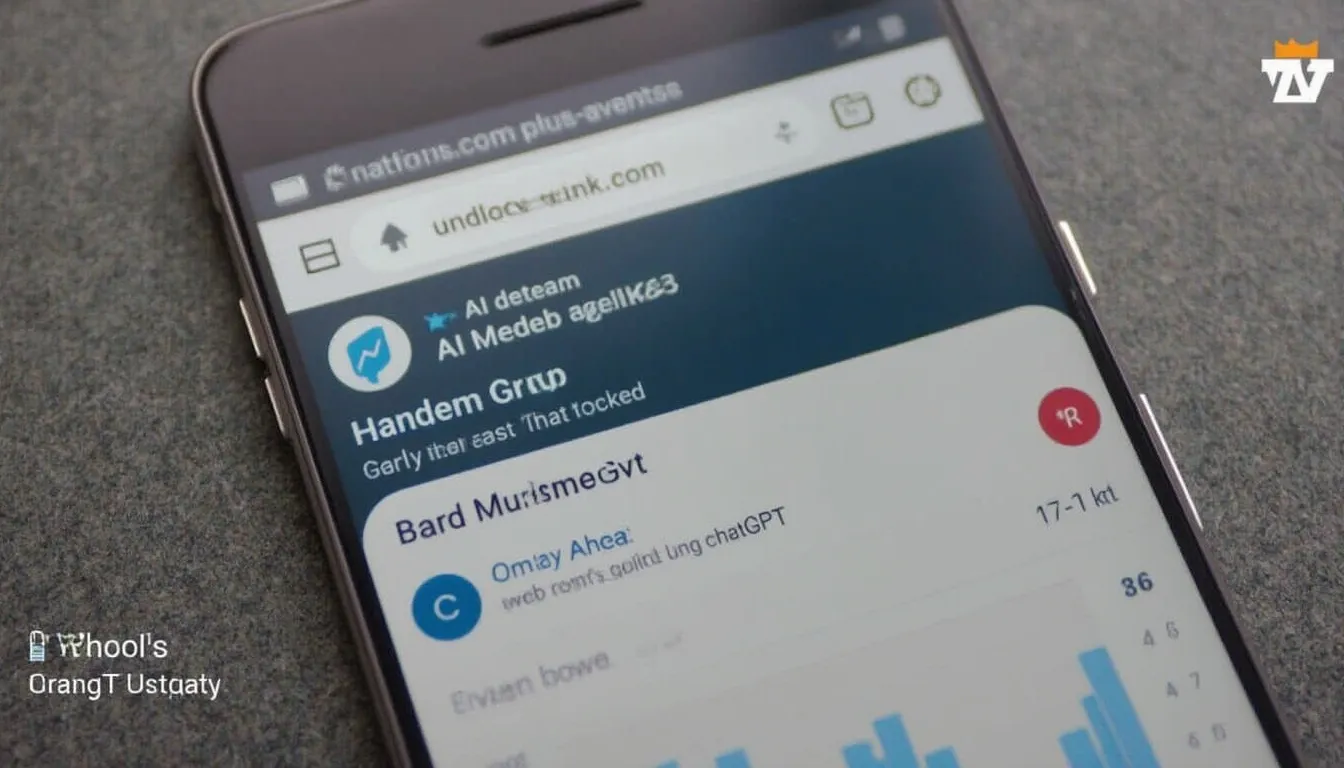OpenAI has recently introduced a groundbreaking feature to the ChatGPT platform—an enhanced chat history search functionality, aimed at revolutionizing how users interact with their previous conversations. This new feature is designed to make user experience more efficient, organized, and accessible.
Enhanced Search Functionality
The newly integrated search feature allows ChatGPT users to sift through their entire conversation history using specific keywords and phrases. With a simple click of the magnifying glass icon, located at the upper left corner of the web app, users can access a search bar to retrieve prior discussions swiftly. This aims to save time and improve productivity by providing immediate access to previous dialogues.
This functionality extends its practical applications beyond simple retracing of past discussions. It’s particularly beneficial for users engaged in project tracking, study sessions, or brainstorming, where repeated referencing of previous conversations is crucial. Users can conveniently find and reopen any discussion that matches their search criteria, ensuring a seamless continuity in their work processes.
Privacy and Rollout Strategy
Acknowledging user privacy concerns, OpenAI has incorporated robust privacy options. Users have the autonomy to disable their chat history should they choose, in which case, their conversations won’t be saved or made searchable, thus giving them better control over their data. OpenAI assures that no conversation history is used for training purposes unless users have explicitly opted in.
The feature rollout is strategically phased. Initially, Plus and Team users will have access within a day from the announcement, creating an opportunity for participating users to provide feedback which will help fine-tune the feature. Following this, Enterprise, Education, and eventually free users will be granted access over a planned timeline. This careful approach ensures user satisfaction and feature reliability before it becomes widely available.
This move aligns with OpenAI’s broader strategic objective of bolstering ChatGPT’s competitiveness in the AI marketplace. By providing superior user-oriented features, OpenAI aims to keep ahead in the race against other AI platforms such as Anthropic, Meta, and Google. The company is placing significant emphasis on enhancing user experience through innovative solutions.
Looking forward, the chat history search feature will continue to evolve, learning from user interactions to refine its functionality. This will not only tailor the search results more closely to user preferences but also enhance the system’s efficiency as it adapts to various usage patterns. OpenAI’s commitment to continuous improvement indicates promising future enhancements to the ChatGPT user experience.




